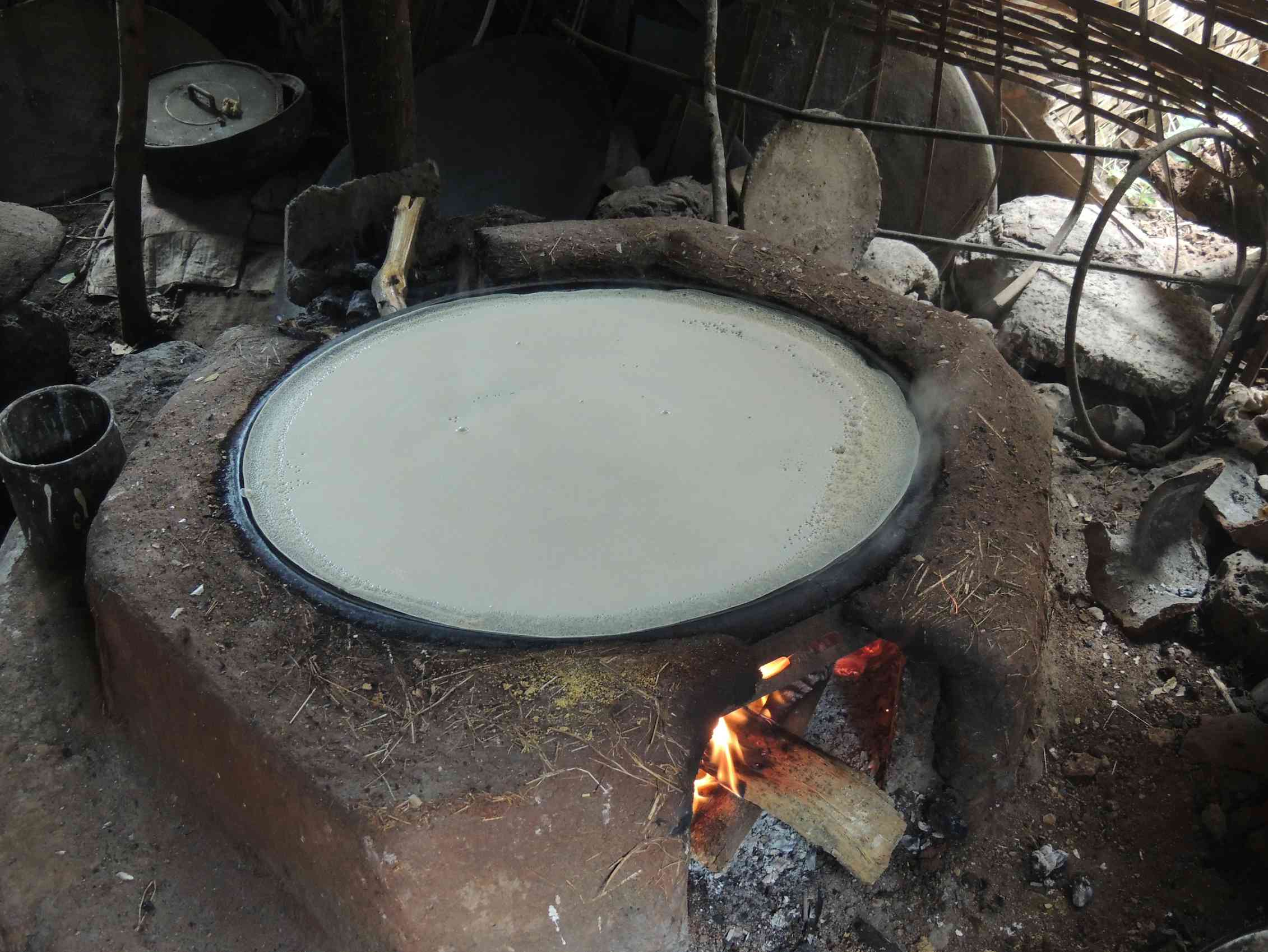Bacteria for Vegans: Cooking to Avoid Deficiency
Published by Adrien,
Source: The Conversation under Creative Commons license
Other Languages: FR, DE, ES, PT
Source: The Conversation under Creative Commons license
Other Languages: FR, DE, ES, PT
Follow us on Google News (click on ☆)
Vitamin B12 is essential for our body's proper functioning, and since our body cannot produce it, we must obtain it through our diet. Currently, animal products are our only source of vitamin B12.
This vitamin is found in meat because the microorganisms present in the digestive tract of herbivores synthesize the vitamin, which is then absorbed and found in the meat. Like other B vitamins, there is no risk of ingesting too much because it is naturally eliminated by the body if consumed in excess. It is also found in cheese, a food made from milk through fermentation, that is, the action of microorganisms.

Milk is not the only fermented product. What about fermented plant-based products? Well, it's a mystery. Since plants do not contain vitamin B12, its presence is not usually sought after. Moreover, this vitamin is quite complicated to measure because there are several forms, not all of which are active for humans.
In Ethiopia, a majority of people eat injera every day. It is a fermented flatbread made from teff (a tiny grain). The teff is ground into flour, water is added to obtain a batter somewhat like a pancake batter. After three or four days of fermentation, the injera is cooked on a large plate, similar to buckwheat crêpes.
There was no data on the amount of vitamin B12 in injera. Nevertheless, we searched, after all, injera is a fermented food, and fermentation can enable the production of vitamin B12. Bingo! Injera was very rich in vitamin B12, so much so that it could even cover the daily nutritional intake in some cases. Once this discovery was made, we still needed to understand why this teff flatbread contained vitamin B12.

Cooking injera on a clay plate over fire.
PhoTom -- ፎቶም Photography/Wikipedia, CC BY
We then investigated whether the microorganisms that ferment injera were known to be capable of producing the vitamin. The answer is yes. Bacteria with charming names such as Propionibacterium freudenreichii or Lactobacillus coryniformis are known for their synthesis capabilities. The first bacterium, which is usually found in cheese or in the soil, was even found directly in the teff flour. In Ethiopia, there are no combine harvesters; after harvest, the grains are separated from the straw to which they are attached by beating them on the ground. We believe that it is through this step that the bacteria are introduced to the flour.
So, if we reverted to these old methods of threshing cereals in France and consumed them after fermentation, vegans might be able to stop taking dietary supplements to meet their needs. It's a difficult idea to imagine.
All is not lost; there is another way. If we added the bacteria ourselves during the preparation of fermented vegetables, it would be possible to obtain plant-based foods rich in vitamin B12.
Researchers conducted this experiment and made sourdough bread with these bacteria. The results are very promising since they calculated that 2 slices of bread would suffice to cover a person's daily vitamin B12 needs. However, the bread had a cheesy aftertaste because Propionibacterium freudenreichii is a bacterium found in Gruyère cheese.
Everything is not yet perfect; some adjustments are still necessary to find fermented plant-based foods naturally rich in vitamin B12 on the market, but the prospects are promising.